- Managed Infrastructure and Cloud Services
- 5G
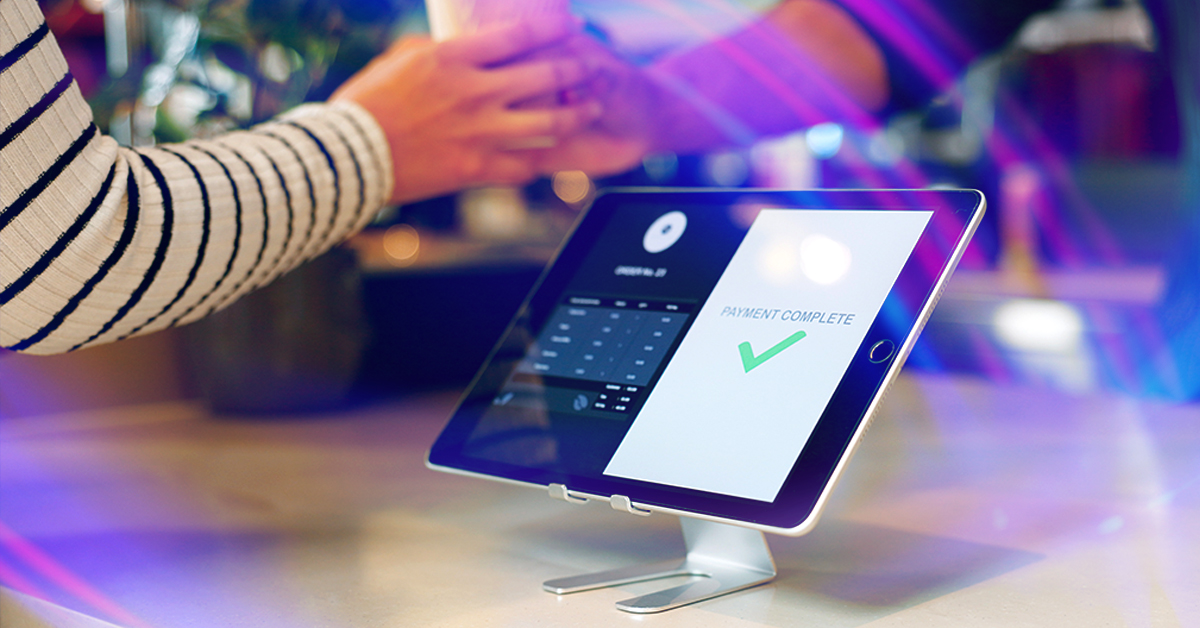

Emma Mak • Staff Writer
5G, the next generation of public mobile networks, offers faster connectivity, lower latency, and greater capacity. With higher connection densities — up to 250X more devices than 4G/LTE — and the ability to provide retail stores with their own custom networks, 5G is more attractive for businesses and enterprises than previous mobile technologies.
But what do 5G’s impressive capabilities mean for retail? It enables other technologies like cloud computing, the Internet of Things (IoT), and real-time analytics. This new technological landscape promises improved consumer experiences, streamlined backend operations, and real-time data insights to inform business decisions.
The Promise of 5G in Retail
“In the retail sector, where every second counts, 5G’s real-time processing of mass datasets enables retailers to delve into footfall analytics and make data-driven decisions to enhance the in-store experience,” – Andy Lindsell, CTO at Babble, quoted on BusinessInsider.com
Real-Time Data Analysis and Better Customer Experience
One of the most significant benefits of 5G in retail is its ability to enhance the customer experience. Faster internet speeds and lower latency mean customers can enjoy seamless online shopping experiences, quick checkouts, and personalized recommendations.
With 5G’s improved bandwidth and lower latency between end devices and the cloud, analysis through heat maps, demographics analysis, and intelligent employee dispatching can help retailers better the customer experience and maximize sales. Think of personalized digital signage or coupons being sent proactively to consumers based on their interest and proximity to items.
Improved Inventory Management
5G can also revolutionize inventory management by enabling real-time tracking and monitoring. With sensors and IoT devices connected through 5G, retailers can maintain accurate inventory levels, reduce waste, and ensure that popular items are always in stock. This level of precision can significantly improve operational efficiency and customer satisfaction.
Operational Efficiency
Operational efficiency is another area where 5G can make a substantial impact. From automated checkout systems to advanced analytics, 5G enables retailers to optimize their operations and reduce costs.
Think of the possibilities of creating heat maps that show foot traffic within a mall and how retailers can use that data to find the best store location to maximize sales. By leveraging the power of 5G, retail businesses can streamline their processes, improve decision-making, and enhance overall productivity.
Challenges and Concerns
Security and Privacy Issues
Security and privacy are significant concerns regarding 5G adoption. With more devices connected to the network, the risk of cyberattacks increases. Retailers must implement robust security measures to protect customer data and ensure their networks are secure.
Integration with Existing Systems
Integrating 5G with existing systems can be complex and time-consuming. Retailers must ensure that their current infrastructure can support 5G and that all systems are compatible with the new technology.
The Future of Retail with 5G
Predictions for Retail Technology
As 5G becomes more widespread, we can expect to see significant advancements in retail technology. Virtual reality (VR) and augmented reality (AR) experiences will become more common, offering customers immersive shopping experiences. AI-powered analytics will provide deeper insights into customer behavior, enabling retailers to make more informed decisions.
Blurring the Lines Between Online and Offline Shopping
5G technology will allow the creation of truly immersive experiences, blurring the lines between physical and online shopping and creating heightened convenience for consumers. This convergence of online and offline shopping will create a seamless experience for customers, whether shopping from their homes or visiting a physical store.
Recommendations and Next Steps
Preparing for 5G Integration
Retail and IT leaders should start preparing for 5G integration now. This includes conducting a thorough assessment of current infrastructure, identifying areas that can benefit from 5G, and developing a roadmap for implementation.
Investing in Secure Networks
Security should be a top priority when adopting 5G technology. Retailers must invest in secure networks and implement robust cybersecurity measures to protect customer data and prevent cyberattacks.
Training and Development
Training and development are crucial for the successful integration of 5G. Retailers should invest in training programs to ensure their employees are well-equipped to handle the new technology and maximize its potential.
Partner with Compucom and T-Mobile for Business
The promise of 5G in retail is immense, offering opportunities to enhance customer experience, improve operational efficiency, and stay ahead of the competition. However, to fully leverage the potential of 5G, retailers must address challenges such as security issues, and integration with existing systems. By preparing now and investing in the right technologies and training, retail leaders can position their businesses for success in the future.
Ready to explore the potential of 5G for your retail business? Start your digital transformation with expert guidance and tailored solutions from Compucom and T-Mobile for Business. Together, we can shape the future of retail.
RecenT

9 Ways Strategic IT Staffing Empowers Organizations
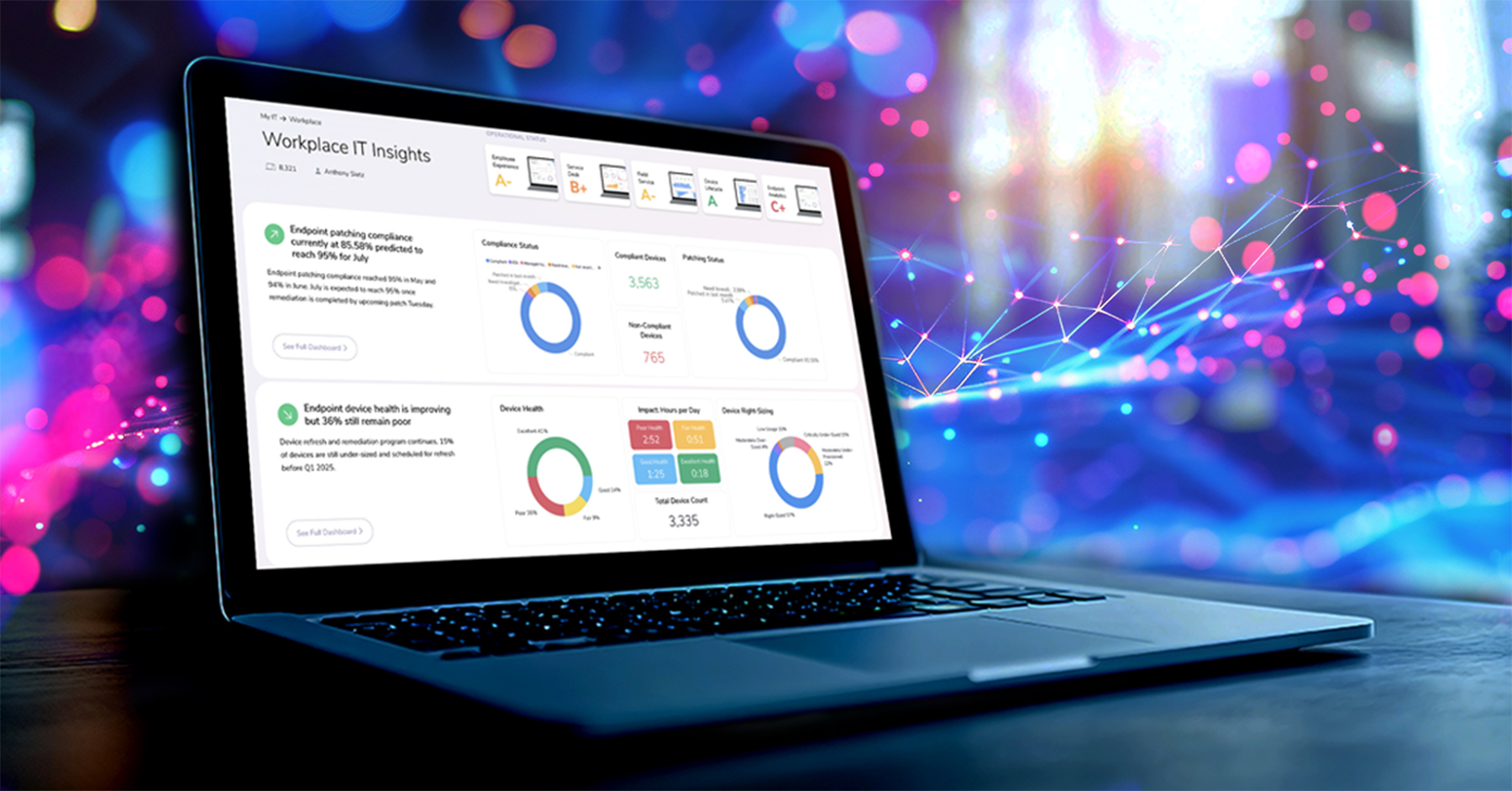
Case Studies: Asset Intelligence and Endpoint Compliance Made Easy
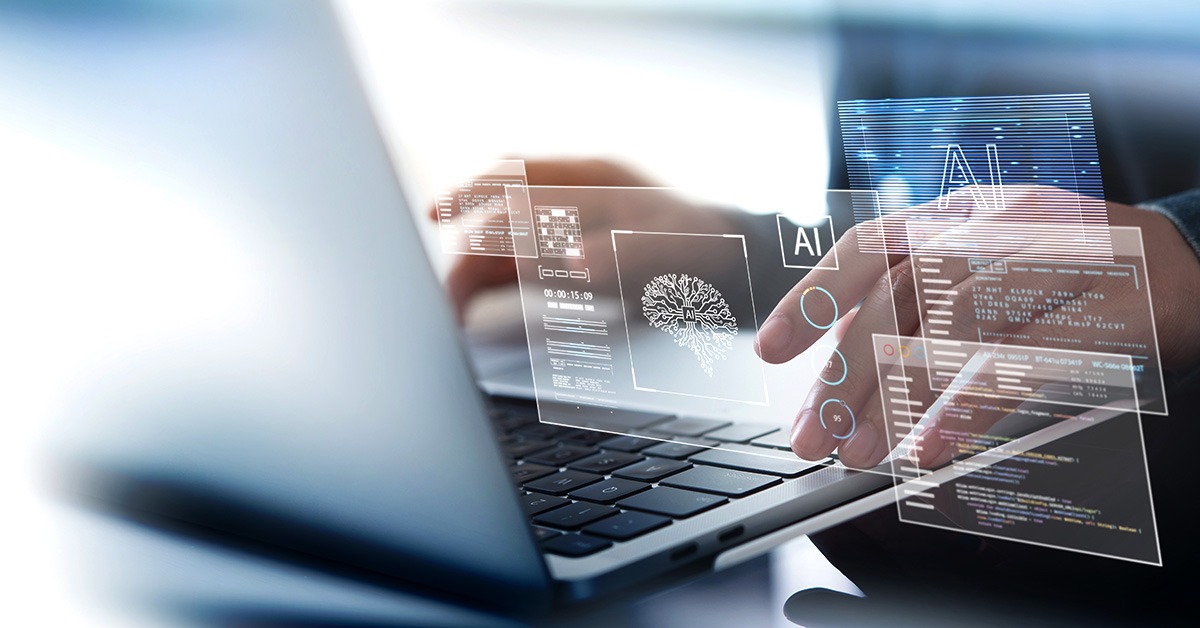
AI and the Enterprise: The Future of IT Management
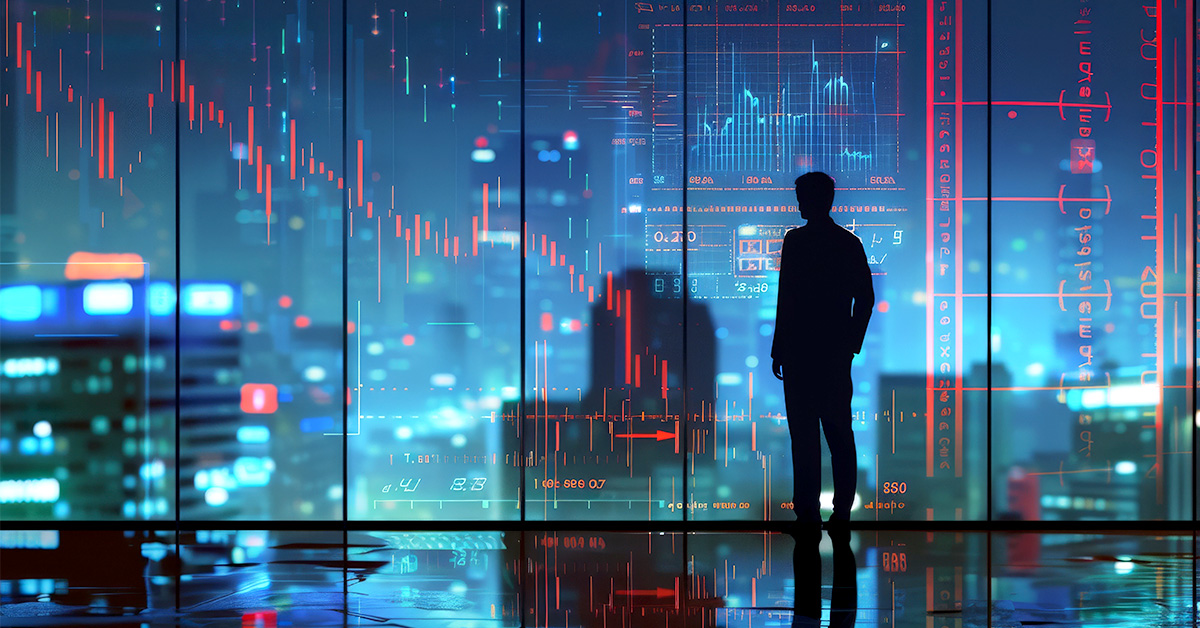
Exploring the Opportunities and Obstacles of AI in the Enterprise
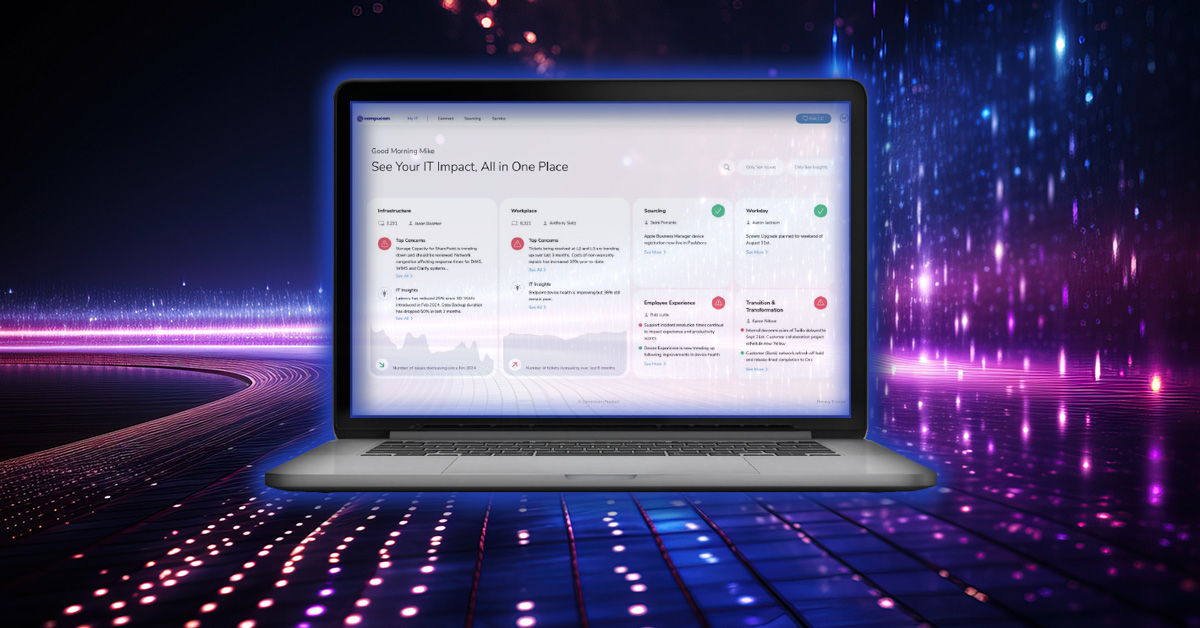
One Dashboard to Rule Them All: Strategic IT Excellence with Full Lifecycle Observability
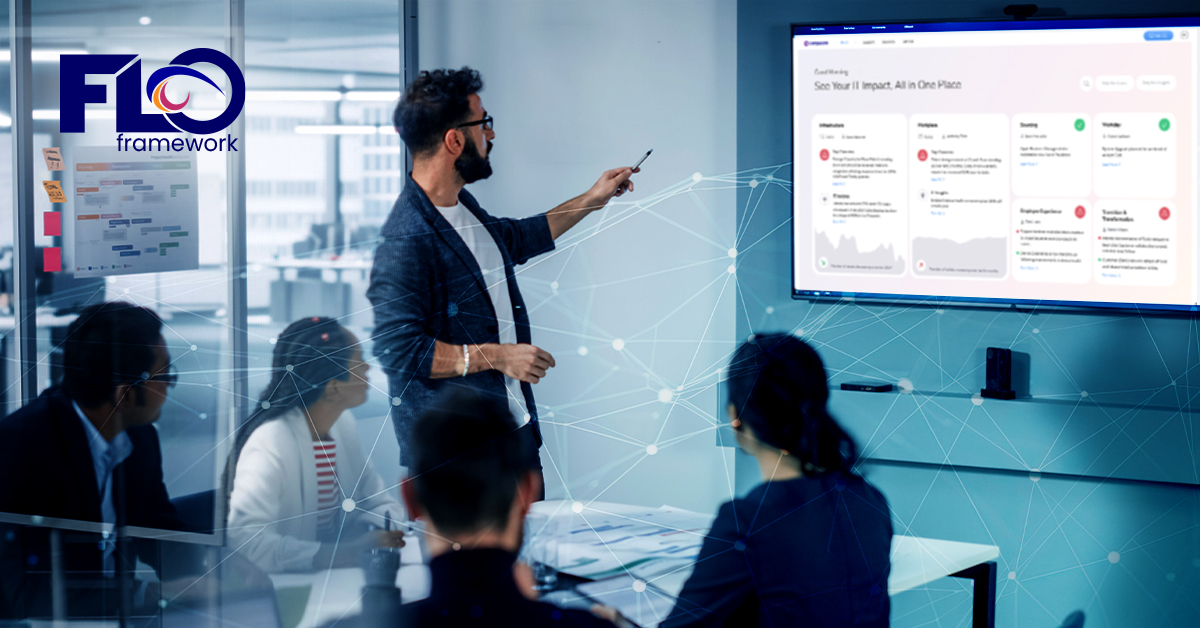
Transforming IT Operations with Full Lifecycle Observability: How Compucom’s FLO Framework Redefines Data-Driven Efficiency
TOPICS
How 5G is Revolutionizing the Retail Landscape
- Managed Infrastructure and Cloud Services
- 5G

Emma Mak • Staff Writer
5G, the next generation of public mobile networks, offers faster connectivity, lower latency, and greater capacity. With higher connection densities — up to 250X more devices than 4G/LTE — and the ability to provide retail stores with their own custom networks, 5G is more attractive for businesses and enterprises than previous mobile technologies.
But what do 5G’s impressive capabilities mean for retail? It enables other technologies like cloud computing, the Internet of Things (IoT), and real-time analytics. This new technological landscape promises improved consumer experiences, streamlined backend operations, and real-time data insights to inform business decisions.
The Promise of 5G in Retail
“In the retail sector, where every second counts, 5G’s real-time processing of mass datasets enables retailers to delve into footfall analytics and make data-driven decisions to enhance the in-store experience,” – Andy Lindsell, CTO at Babble, quoted on BusinessInsider.com
Real-Time Data Analysis and Better Customer Experience
One of the most significant benefits of 5G in retail is its ability to enhance the customer experience. Faster internet speeds and lower latency mean customers can enjoy seamless online shopping experiences, quick checkouts, and personalized recommendations.
With 5G’s improved bandwidth and lower latency between end devices and the cloud, analysis through heat maps, demographics analysis, and intelligent employee dispatching can help retailers better the customer experience and maximize sales. Think of personalized digital signage or coupons being sent proactively to consumers based on their interest and proximity to items.
Improved Inventory Management
5G can also revolutionize inventory management by enabling real-time tracking and monitoring. With sensors and IoT devices connected through 5G, retailers can maintain accurate inventory levels, reduce waste, and ensure that popular items are always in stock. This level of precision can significantly improve operational efficiency and customer satisfaction.
Operational Efficiency
Operational efficiency is another area where 5G can make a substantial impact. From automated checkout systems to advanced analytics, 5G enables retailers to optimize their operations and reduce costs.
Think of the possibilities of creating heat maps that show foot traffic within a mall and how retailers can use that data to find the best store location to maximize sales. By leveraging the power of 5G, retail businesses can streamline their processes, improve decision-making, and enhance overall productivity.
Challenges and Concerns
Security and Privacy Issues
Security and privacy are significant concerns regarding 5G adoption. With more devices connected to the network, the risk of cyberattacks increases. Retailers must implement robust security measures to protect customer data and ensure their networks are secure.
Integration with Existing Systems
Integrating 5G with existing systems can be complex and time-consuming. Retailers must ensure that their current infrastructure can support 5G and that all systems are compatible with the new technology.
The Future of Retail with 5G
Predictions for Retail Technology
As 5G becomes more widespread, we can expect to see significant advancements in retail technology. Virtual reality (VR) and augmented reality (AR) experiences will become more common, offering customers immersive shopping experiences. AI-powered analytics will provide deeper insights into customer behavior, enabling retailers to make more informed decisions.
Blurring the Lines Between Online and Offline Shopping
5G technology will allow the creation of truly immersive experiences, blurring the lines between physical and online shopping and creating heightened convenience for consumers. This convergence of online and offline shopping will create a seamless experience for customers, whether shopping from their homes or visiting a physical store.
Recommendations and Next Steps
Preparing for 5G Integration
Retail and IT leaders should start preparing for 5G integration now. This includes conducting a thorough assessment of current infrastructure, identifying areas that can benefit from 5G, and developing a roadmap for implementation.
Investing in Secure Networks
Security should be a top priority when adopting 5G technology. Retailers must invest in secure networks and implement robust cybersecurity measures to protect customer data and prevent cyberattacks.
Training and Development
Training and development are crucial for the successful integration of 5G. Retailers should invest in training programs to ensure their employees are well-equipped to handle the new technology and maximize its potential.
Partner with Compucom and T-Mobile for Business
The promise of 5G in retail is immense, offering opportunities to enhance customer experience, improve operational efficiency, and stay ahead of the competition. However, to fully leverage the potential of 5G, retailers must address challenges such as security issues, and integration with existing systems. By preparing now and investing in the right technologies and training, retail leaders can position their businesses for success in the future.
Ready to explore the potential of 5G for your retail business? Start your digital transformation with expert guidance and tailored solutions from Compucom and T-Mobile for Business. Together, we can shape the future of retail.
Recent Blogs

9 Ways Strategic IT Staffing Empowers Organizations

Case Studies: Asset Intelligence and Endpoint Compliance Made Easy

AI and the Enterprise: The Future of IT Management

Exploring the Opportunities and Obstacles of AI in the Enterprise

One Dashboard to Rule Them All: Strategic IT Excellence with Full Lifecycle Observability




